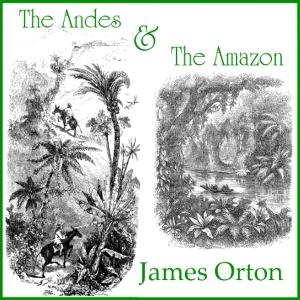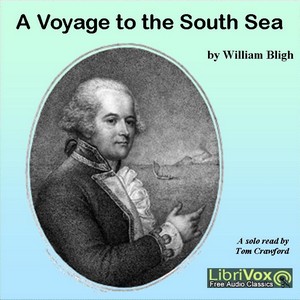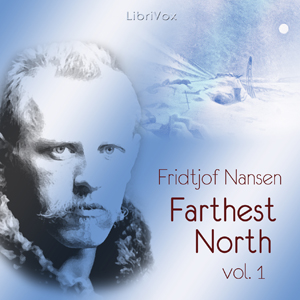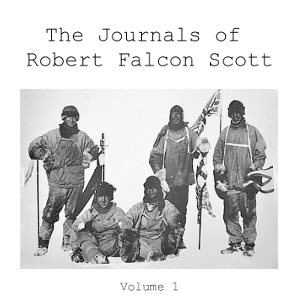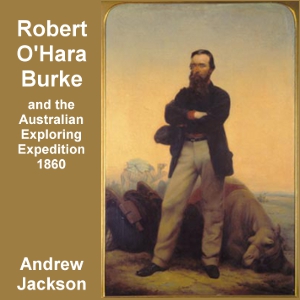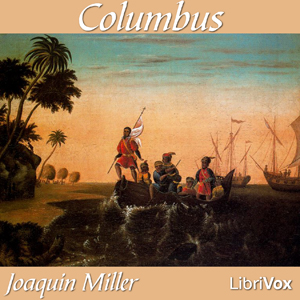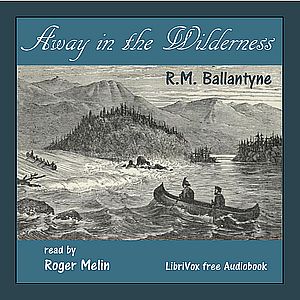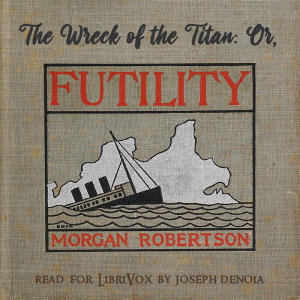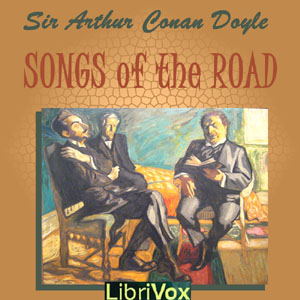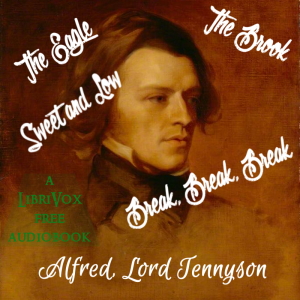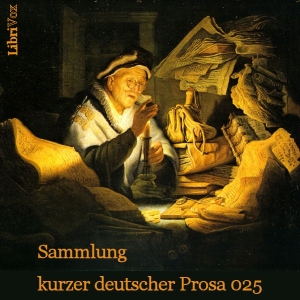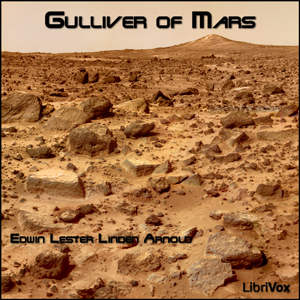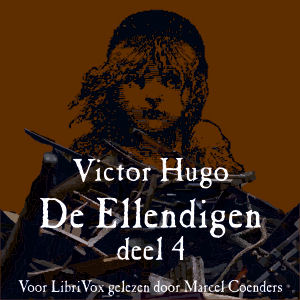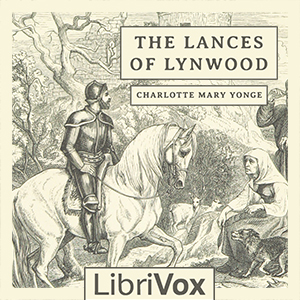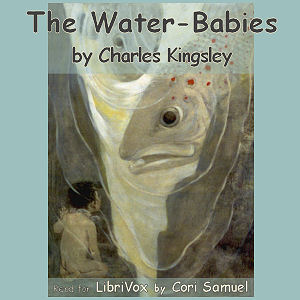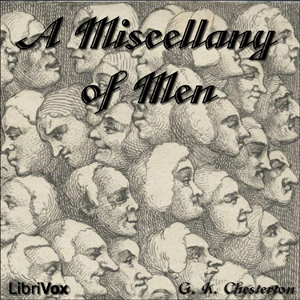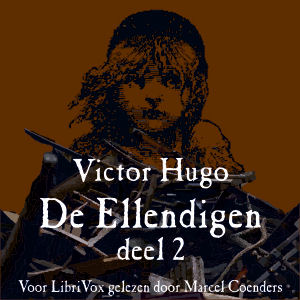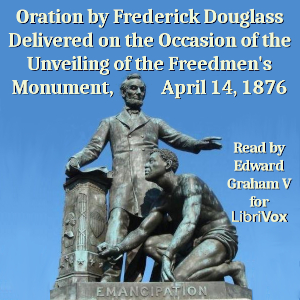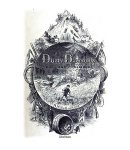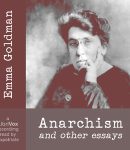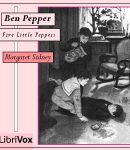
France At War: On the Frontier of Civilization
In 1915, as the “Great War” (World War 1) entered its second year Rudyard Kipling made a journalistic tour of the front, visiting French armed forces. By then he was already winner of the Nobel Prize for Literature (the first writer in English to be so honoured). He published his observations in articles in the Daily Telegraph in England, and in the New York Sun. At that stage of the war nationalistic sentiments were running high but the true cost of war was beginning to be understood “at home”. The collection of journalistic pieces is preceded by a poem, “France”, that had been published before the outbreak of war (in 1913) which has a more overblown jingoistic feel to it than the reflections on war itself. The poem does, though, show Kipling’s love of France, as well as his sense of the destiny of imperial dreams. Kipling himself was an ardent and effective writer of propaganda directed primarily against German treatment of civilians. The “rape of Belgium” in 1914 and the sinking of the Lusitania earlier in 1915 were particularly shocking. In Kipling’s eyes such “total war” was a renunciation of civilisation. The heat of his reaction is associated with his militarism. Although not a soldier, Kipling was educated at the United Services College (a school for the sons of officers which prepared students to enter Sandhurst and Dartmouth – the British army and navy officers training establishments). His writing is deeply imbued with notions of military service as honorable […]
